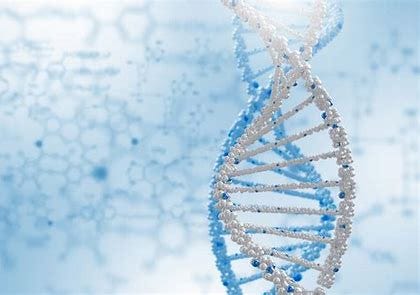The Revolution of Reproductive Medicine in Motherhood

For women, life has gotten more complex. These days, they tend to put off having children. Furthermore, late 30s is now the optimal age to start a family rather than mid to late 20s. With the use of reproductive medicine technology, it is also possible to freeze eggs and even embryos.
Mature oocyte cryopreservation, sometimes known as egg freezing, is a reproductive medicine invention. Moreover, it facilitates a woman’s later pregnancy. In addition, the ovaries’ extracted, unfertilized eggs are frozen and kept for later use. Finally, the frozen eggs are thawed and joined with sperm through an In Vitro Fertilisation (IVF) treatment when the lady desires to become pregnant.
Reproductive medicine specialists claim that egg freezing ensures women’s reproductive potential is optimally preserved. Egg freezing also requires extensive planning, including testing and diagnosis. Additionally, it guarantees that the female patient will always have access to high-quality eggs in the event that she wishes to become pregnant.
Prominent experts in infertility assert that egg freezing is a straightforward and beneficial process for women who are not prepared to have children. This further enables them to concentrate on their social, professional, and educational objectives before moving on to the next phase of their lives.
About the Procedure
In order to stimulate the hormones and create numerous eggs, the patient receives hormone injections. Additionally, a light anaesthetic is used to remove the eggs, and they are subsequently vitrified and stored. This results in an increase in the procedure’s cost.
Advantages and Disadvantages
With the passage of time, egg freezing technology has improved and grown safer. Additionally, freezing techniques have improved and damage risks have decreased. As a result, an increasing number of women in their late 20s and early 30s are choosing to freeze their eggs. They also wish to preserve their fertility by using high-quality eggs. Finally, when they get pregnant later in life, they wish to prevent genetic disorders and miscarriages.
Before the mid-30s, eggs should be frozen for later use. Women can wait to find a compatible partner or continue working towards their career in reproductive medicine. Finally, the majority of fertility procedures are now regarded as standard.
Conversely, frozen eggs do not ensure a successful IVF process or conception. Furthermore, physiological alterations throughout time may or may not result in a fruitful pregnancy. In addition, as women age, they may acquire endometriosis, diabetes, fibroids, high blood pressure, and other conditions. The male sperm quality may progressively deteriorate, impacting both the pregnancy cycle and the foetus.
Conditions that Demand Egg Freezing
Women’s fertility quotients may be lowered by specific medical disorders. Among them are transsexual orientation, sickle cell anaemia, and autoimmune illnesses. Additionally, therapies like chemotherapy and radiation have a negative impact on the eggs.
Egg freezing is a dependable, cost-effective, and practical method of delaying parenthood without compromising the quality of the eggs. Thanks to advancements in reproductive medicine, modern women can pursue their aspirations and fulfil their parental roles whenever it suits them best.

Comments
Post a Comment